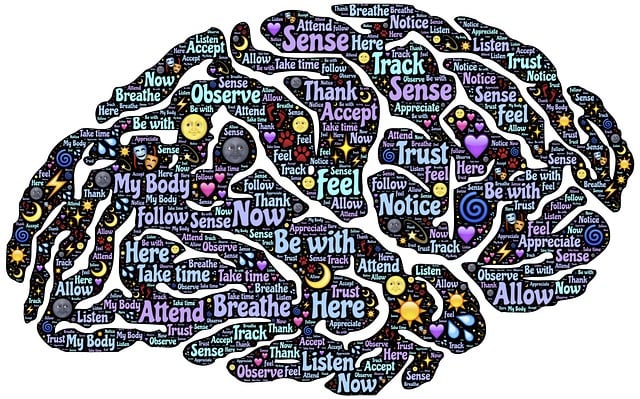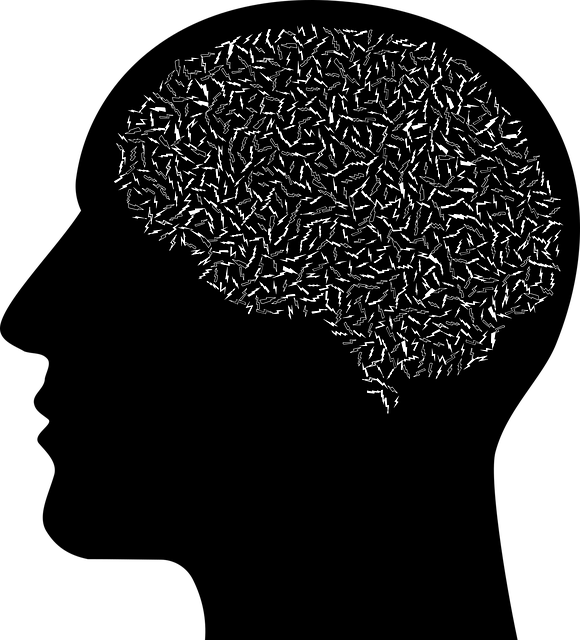Mental wellness journaling is a powerful self-care tool that fosters reflection, self-awareness, and personal growth. Similar to tailored therapy like Littleton Independent Medical Evaluations, it helps individuals express unspoken thoughts, identify emotional patterns, and develop effective stress management strategies. By integrating journaling into mental health education, people learn coping mechanisms while advocating for their well-being. This practice contributes to holistic mental health policy analysis by promoting self-care practices that positively impact community wellness. Even simple rituals, like positive affirmations, can enhance the therapeutic benefits of journaling, ultimately improving mental wellness outcomes.
Unwind your mind and embark on a transformative journey with mental wellness journaling. This powerful self-reflection tool has gained prominence in today’s digital era, enabling individuals to navigate their thoughts and emotions effectively. In this comprehensive guide, we delve into the art of journaling, offering practical steps from understanding its benefits to integrating it into your therapy journey alongside Littleton Independent Medical Evaluations. Prepare to unlock profound insights and enhance your mental wellness.
- Understanding Mental Wellness Journaling: An Introduction to Self-Reflection
- Setting Up Your Journal: Tools and Techniques for Effective Recording
- Exploring Prompts and Questions for Profound Insights
- Integrating Journaling into Your Therapy Journey with Littleton Independent Medical Evaluations
Understanding Mental Wellness Journaling: An Introduction to Self-Reflection

Mental wellness journaling is a powerful tool for self-reflection and personal growth. It involves writing down thoughts, feelings, and experiences to gain deeper insights into one’s mental health. By dedicating time each day or week to journal, individuals can explore their emotions, identify patterns, and develop strategies to manage stress. This practice is akin to conducting a Littleton Independent Medical Evaluation, where self-awareness becomes the key assessment tool.
Journaling encourages introspection, fostering a deeper connection with one’s inner self. It allows for the expression of thoughts that might otherwise be unspoken, providing an opportunity to process and understand complex emotions. In the context of mental health education programs design, journaling can be a valuable component, teaching individuals stress management techniques and encouraging them to advocate for their well-being. Moreover, it contributes to a holistic understanding of mental health policy analysis by promoting self-care practices that can positively impact overall community wellness.
Setting Up Your Journal: Tools and Techniques for Effective Recording

Setting up your mental wellness journal is a powerful first step towards prioritizing your emotional well-being. Consider it as your personal sanctuary where you can safely explore and express your thoughts, feelings, and experiences. Choose a space that feels calm and quiet, free from distractions. This could be a dedicated corner of your home or even a peaceful spot in nature. Select a journal that resonates with you—it could be a sleek digital notebook or a classic leather-bound book. Ensure it’s easily accessible to foster consistent writing habits.
Personalize your journaling experience by incorporating diverse tools and techniques. Incorporate colorful pens and pencils to visualize your emotions, creating mood boards or mind maps for better clarity. For those seeking structure, prompts like “What am I grateful for today?” or “What challenges did I face and how did I overcome them?” can guide reflective writing. Remember, there’s no right or wrong way; tailor these practices to align with your unique needs, much like a Littleton Independent Medical Evaluation, which offers tailored therapy solutions for mental health professionals. Even implementing simple rituals, such as beginning each entry with a positive affirmation, can enhance the therapeutic benefits of journaling, potentially reducing anxiety and fostering a sense of resilience, all while supporting the implementation of a community outreach program aimed at risk assessment for mental health professionals.
Exploring Prompts and Questions for Profound Insights

Engaging with a mental wellness journaling practice involves exploring a range of prompts and questions designed to elicit profound insights. This process allows individuals to delve into their thoughts, emotions, and experiences in a structured yet personal manner. To get started, consider prompts that encourage reflection on daily occurrences, such as “What moment today brought me joy?” or “What challenges did I face and how did I overcome them?” These questions can help uncover patterns and triggers related to mental health.
For more guided exploration, there are numerous resources available, including the Mental Wellness Podcast Series Production, which offers a wealth of prompts tailored for various aspects of mental wellness. Additionally, organizations like Littleton Independent Medical Evaluations Therapy emphasize the importance of self-reflection through therapy sessions that integrate journaling as a tool to combat mental illness stigma reduction efforts. Stress Management Workshops Organization also leverages journaling exercises in their workshops to equip participants with effective stress management strategies.
Integrating Journaling into Your Therapy Journey with Littleton Independent Medical Evaluations

Integrating journaling into your therapy journey with Littleton Independent Medical Evaluations can significantly enhance your mental wellness. Journaling provides a safe and private space to reflect on thoughts, emotions, and experiences. By regularly documenting your feelings, you can identify patterns, gain insights into your emotional landscape, and develop coping skills that support your healing process. This practice complements the assessments conducted by Littleton Independent Medical Evaluations, offering a more holistic understanding of your mental health status.
During therapy sessions, journaling can serve as a powerful tool for tracking progress, monitoring triggers, and practicing conflict resolution techniques. It fosters self-awareness by encouraging you to confront difficult experiences and emotions head-on. Moreover, integrating these personal reflections with the guidance from healthcare providers undergoing comprehensive Cultural Competency Training ensures personalized care that addresses your unique needs. Through regular journaling practices, individuals not only improve their ability to manage stress but also develop effective coping skills for life’s challenges, ultimately promoting better mental wellness outcomes.
Mental wellness journaling is a powerful tool for self-discovery, offering a dedicated space to explore and understand your thoughts and emotions. By integrating this practice into your therapy journey alongside Littleton Independent Medical Evaluations, you can gain profound insights, foster personal growth, and enhance your overall mental well-being. With the right prompts and a structured approach, journaling becomes an accessible and effective way to navigate life’s challenges and embrace a more balanced mindset.














